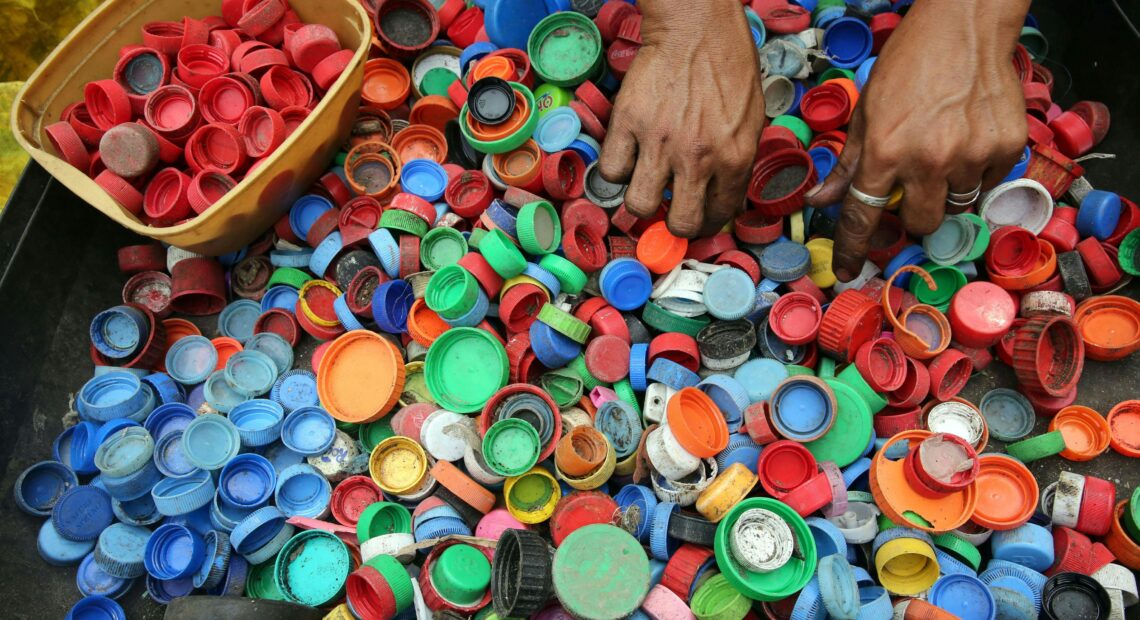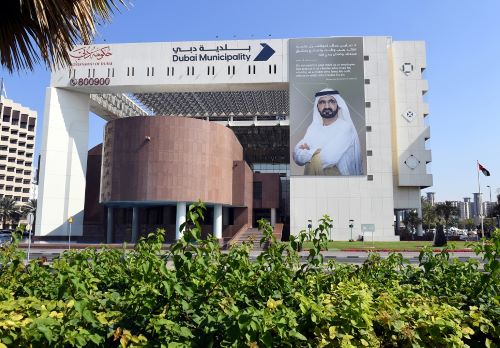Global plastic action partnership expands to 25 countries

Tackling plastic pollution worldwide
The Global Plastic Action Partnership (GPAP), an initiative of the World Economic Forum, has reached a significant milestone by expanding to 25 countries, now representing a combined population of over 1.5 billion people.
This expansion includes seven new countries: Angola, Bangladesh, Gabon, Guatemala, Kenya, Senegal, and Tanzania. These countries work together to combat plastic pollution and promote systemic waste management solutions.
With plastic waste affecting ecosystems, biodiversity, and human health worldwide, GPAP’s expansion is crucial in the global fight against plastic pollution. By uniting 25 nations, GPAP has become the most significant international programme focused on addressing plastic waste and advancing a circular plastics economy.
The initiative seeks to tackle key challenges, including strengthening recycling systems, promoting sustainable materials, and reducing greenhouse gas emissions from the plastic sector.
“Reaching this 25-nation milestone is not just a celebration of numbers, it’s a testament to the growing global determination to tackle one of the world’s most pressing challenges,” said Clemence Schmid, Director of GPAP at the World Economic Forum.
“These partnerships represent concrete commitments to rethinking how plastics are produced, managed, and reused. Together, we are charting a path towards a circular plastics economy that benefits people and the planet.”
Plastic pollution remains a global crisis. Each year, around six million tonnes of plastic enter the oceans, more than double that amount polluting the land. The impact is felt everywhere, disrupting ecosystems, harming wildlife, and threatening human livelihoods.
GPAP’s approach, which involves creating tailored National Action Roadmaps for each country, aims to halt plastic waste leakage, transition to sustainable materials, and protect vital ecosystems.
In addition to its environmental goals, GPAP addresses the significant climate impact of plastic waste. The plastics industry contributes roughly 1.8 billion tonnes of greenhouse gases annually, with emissions from landfills, including methane – a potent greenhouse gas – exacerbating climate change.
GPAP hopes to reduce these emissions by promoting circular systems, stimulating economic growth, and creating millions of green jobs. Circular economy solutions could generate up to six million jobs globally by 2030, with the plastics sector playing a key role in this transformation.
Since its launch in 2018, GPAP has made significant progress, securing over $3.1 billion in investments and creating safer working conditions for more than 12,000 informal waste workers. Through cross-sector collaboration, the initiative has fostered the sharing of best practices and helped countries achieve measurable progress toward sustainability and climate resilience.
Looking ahead, GPAP will continue to build partnerships across governments, businesses, and civil society to transform waste into valuable resources, driving sustainable, equitable, and resilient economic growth. The network’s growing influence is positioning GPAP as a critical driver of change in the global effort to tackle plastic pollution and build a circular economy for plastics.
Image: Plastic pollution remains a global crisis. Each year, around six million tonnes of plastic enter the oceans, more than double that amount polluting the land. Credit: Krizjohn Rosales
Last Updated on 2 months by Arnold Pinto












